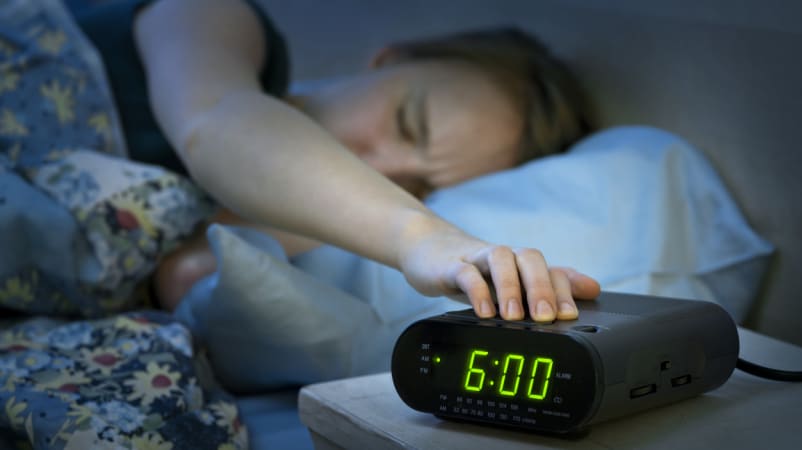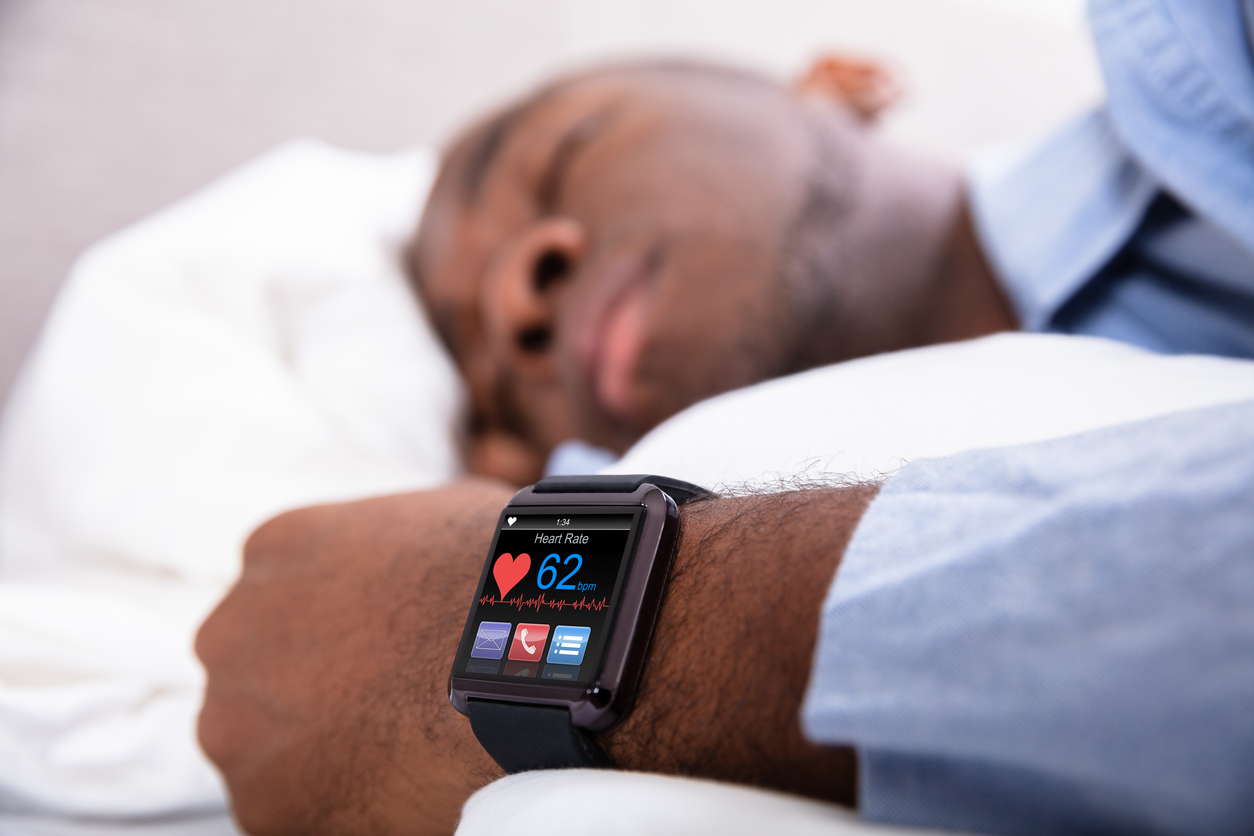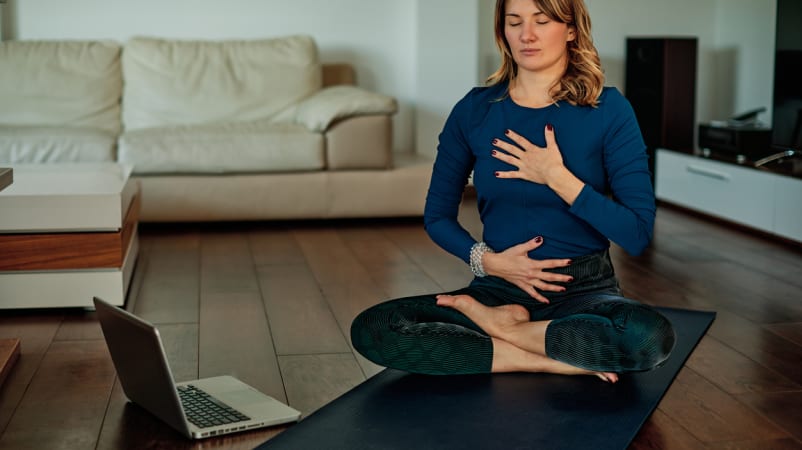How to Sleep Better: Tips for Insomnia Relief
Struggling to fall asleep? You're not alone. Sleep difficulties (insomnia) affect 1 in 3 adults regularly, but evidence-based solutions exist. Improving your sleep quality and how long you sleep for delivers measurable benefits including better daytime alertness and performance, reduced anxiety and stress levels, and a stronger immune system.
Whether you are battling stress-induced insomnia, environmental disruptions, or medication side effects, this expert pharmacist guide explores natural remedies, proper sleep hygiene practices, and over-the-counter options to improve your sleep quality and help you fall asleep faster.
1: Maintain a Consistent Sleep Schedule
Go to bed and wake up at the same time every day, including weekends. This helps regulate your body's internal clock (circadian rhythm) and improves natural sleep-wake cycles.
Sleep schedule tips:
- Keep bedtime and wake time within 20 minutes of the same time daily. For example, if you usually wake up at 6 AM, don't sleep in any later than 620 AM
- Avoid "sleeping in" on weekends
- Use a sleep tracking app to monitor consistency
- Set bedtime reminders on your phone.

2. Eliminate Disruptive Daytime Naps
Avoid napping after 3 PM or limit naps to 20-30 minutes. Long daytime naps can interfere with nighttime sleep quality and delay sleep onset.
Napping guidelines:
- Power naps: 10-20 minutes maximum
- Avoid naps if you have insomnia
- If you must nap, do it before 2 PM
- Create a nap-friendly environment.
3. Create a Sleep-Only Bedroom Environment
Reserve your bed exclusively for sleep and intimacy. This helps your brain associate your bedroom with sleep, making it easier to fall asleep quickly.
Your bedroom should be dark, quiet, and cool. Environmental factors play a crucial role in sleep quality and can help treat mild insomnia naturally.
Bedroom optimization:
- Remove TVs, computers, electronic devices, blue light sources, and work materials
- Use blackout curtains or sleep masks
- Keep bedroom temperature between 60-67°F (15-19°C) and humidity levels between 30-50%
- Invest in comfortable, supportive bedding
- Use white noise machines or earplugs.
4. Utilize Sleep Tracking Technology
Use sleep tracking apps and devices to monitor sleep patterns and identify improvement areas.
Helpful sleep technology:
- Wearable sleep trackers
- Smart mattresses and pillows
- Sleep cycle alarm clocks
- Blue light filtering apps.

5. Avoid Sleep-Disrupting Substances
Limit caffeine after 2 PM and avoid alcohol and nicotine before bedtime. These substances can significantly impact sleep quality and sleep architecture.
Substance timing guidelines:
- Caffeine: No coffee, tea, or energy drinks after 2 PM
- Alcohol: Stop drinking 3-4 hours before bed
- Nicotine: Avoid cigarettes and vaping 2 hours before sleep
- Large meals: Finish eating 3 hours before bedtime.
6. Try Natural Remedies to Improve Sleep
Practice Relaxation Techniques for a Better Sleep:
- Deep breathing exercises: 4-7-8 breathing technique (inhale for 4 seconds, hold your breath for 7 seconds, then exhale for 8 seconds)
- Progressive muscle relaxation: Tense and release muscle groups
- Meditation and mindfulness: 10-20 minutes before bed
- Yoga and gentle stretching: Evening relaxation routines.
Dietary Changes for Better Sleep:
- Sleep-promoting foods: Cherries, almonds, turkey, chamomile tea
- Avoid late-night eating: Stop eating 3 hours before bed
- Limit fluids: Reduce drinking 2 hours before sleep
- Magnesium supplements: May help with sleep quality.

7. Check if Your Medications Interfere with Sleep
Many common medications can interfere with sleep patterns and cause insomnia. If you're taking any of these medications, consult your pharmacist or healthcare provider about timing adjustments or alternatives.
Common Sleep-Disrupting Medications:
- Stimulant Medications:
- ADHD medications: Adderall, Ritalin, Concerta
- Decongestants: Pseudoephedrine, phenylephrine
- Weight loss medications: Phentermine, orlistat.
- Corticosteroids:
- Prednisone: Can cause insomnia and mood changes
- Dexamethasone: Often causes sleep disruption
- Hydrocortisone: May affect sleep-wake cycles.
- Other Medications:
- Thyroid medications: Levothyroxine (if taken at night)
- Diuretics: Hydrochlorothiazide, furosemide
- Antidepressants: Some SSRIs can cause sleep issues
- Beta-blockers: May cause vivid dreams or nightmares.
Related questions
- What are the strongest sleeping pills?
- What is the maximum safe dosage for melatonin?
- Does Melatonin interact with any drugs?
Medication timing solutions:
- Take stimulating medications in the morning
- Discuss alternative medications with your doctor
- Consider medication holidays under medical supervision
- Monitor sleep quality when starting new medications.
8. Talk to Your Doctor About Your Sleep Problems
Some sleep problems may be due to an underlying medical condition. Consult a healthcare provider if you experience:
- Insomnia lasting more than 3 weeks
- Loud snoring or breathing interruptions
- Excessive daytime sleepiness
- Difficulty staying asleep multiple times per week
- Sleep problems affecting daily activities.
Potential Sleep Disorders to Rule Out:
- Sleep apnea: Breathing interruptions during sleep
- Restless leg syndrome: Uncomfortable leg sensations
- Narcolepsy: Excessive daytime sleepiness
- Circadian rhythm disorders: Misaligned sleep-wake cycles.
9. Consider Over-the-Counter Sleep Aids
OTC sleep aids can provide short-term relief for occasional insomnia. Use these for no more than 2 weeks without consulting a healthcare provider. The 4 best evidence-based options for sleep are melatonin, diphenhydramine, doxylamine, and herbal sleep supplements such as valerian root, passionflower, and chamomile.
Melatonin: The Natural Sleep Hormone
- Dosage: 0.5-5 mg, taken 1-2 hours before desired bedtime
- Best for: Jet lag, shift work, and circadian rhythm disorders
Melatonin benefits:
- Naturally produced by your body
- Minimal side effects
- Non-habit forming
- Helps regulate sleep-wake cycles.
Melatonin considerations:
- Start with the lowest effective dose (0.5-1mg)
- Take consistently at the same time
- Avoid extended-release formulas initially
- May cause morning grogginess in some people.
Diphenhydramine (Benadryl): The Antihistamine Sleep Aid
- Dosage: 25-50 mg, taken 30 minutes before bedtime
- Best for: Occasional insomnia with allergy symptoms.
Diphenhydramine considerations:
- Common morning grogginess
- May cause dry mouth and constipation
- Can interact with other medications
- Tolerance develops quickly with regular use.
Doxylamine: The Antihistamine Alternative
- Dosage: 25 mg, taken 30 minutes before bedtime
- Best for: Short-term insomnia relief
Doxylamine benefits:
- Longer half-life than diphenhydramine
- Available in generic formulations
- Effective for sleep maintenance.
Valerian Root and Herbal Sleep Supplements
Natural sleep aids like valerian root, passionflower, and chamomile may help with mild insomnia.
Herbal supplement considerations:
- Limited scientific evidence for effectiveness
- May interact with prescription medications
- Quality varies between manufacturers
- Consult healthcare provider before use.

10. Consult a Specialist About Advanced Sleep Strategies
Cognitive behavioral therapy for insomnia (CBT-I) is considered the gold standard treatment for chronic insomnia. This therapy addresses the thoughts and behaviors that interfere with sleep.
CBT-I techniques:
- Sleep restriction therapy
- Stimulus control therapy
- Progressive muscle relaxation
- Mindfulness and meditation.
Frequently Asked Questions About Sleep and Insomnia
What Are the Strongest Over-the-Counter Sleeping Pills?
Doxylamine 25mg is generally considered the strongest OTC sleep aid, followed by diphenhydramine 50mg. However, "strongest" doesn't always mean "best" - effectiveness varies by individual.
How Long Does It Take for Sleep Aids to Work?
- Melatonin: 1-2 hours
- Diphenhydramine: 30-60 minutes
- Doxylamine: 30-45 minutes
- Herbal supplements: 30-90 minutes
Can I Take Melatonin Every Night?
Short-term daily use (2-4 weeks) is generally safe for most adults. Long-term use should be discussed with a healthcare provider.
Does Diphenhydramine Raise Blood Pressure?
Diphenhydramine may slightly increase blood pressure in some individuals, particularly those with existing hypertension. Monitor blood pressure if you have cardiovascular conditions.
References
- Good Sleep for Good Health. News in Health. https://newsinhealth.nih.gov/2021/04/good-sleep-good-health
- About Sleep.CDC. https://www.cdc.gov/sleep/about/index.html
Read next
Can you take melatonin while pregnant?
There is not enough information to know whether melatonin is safe to take while pregnant. More research is needed to understand the effects of melatonin on babies when mothers take it while they are pregnant.
Continue reading
What is the max dose of diphenhydramine for adults?
The maximum oral dose of diphenhydramine for adults is generally reported as 50 to 100 mg for a single dose or no more than 300 mg in 24 hours, but this can vary depending on what condition diphenhydramine is being used for, the salt of diphenhydramine used (there are two salts available in the US diphenhydramine citrate and diphenhydramine chloride), the age of the person, how much diphenhydramine they have tolerated before, and if they are on any interacting medications. Taking too much diphenhydramine can be fatal.
Continue reading
How Fast Does Benadryl Work? Onset Time and Duration
Benadryl starts working within 30 minutes after taking it orally, with peak effects reached in 1-2 hours. The antihistamine effects last 4-6 hours for most people. Injectable Benadryl works even faster than oral tablets, providing quicker relief for severe allergic reactions.
Continue readingSee also:
Related medical questions
- How long does melatonin keep you asleep?
- How long does melatonin stay in your system?
- Is melatonin safe for kids to take?
- Does diphenhydramine raise blood pressure?
- Does Mucinex help with Covid?
- Can diphenhydramine be used as a sleep aid?
- Does Benadryl help with or cause anxiety?
- Diphenhydramine Hydrochloride vs Citrate: What's the difference?
- Which antihistamines make you drowsy?
- Over the Counter Medication for Pets
- The Do's and Don'ts of Cough and Cold Medicines
- How do you choose the right allergy medication?
- What OTC drugs relieve tripledemic symptoms in kids?
- What are CBD gummies? Are there any health benefits?
- CBD Oil: What are 9 Proven or Possible Health Benefits?
- Does CBD show up on a drug test?
- Does Epidiolex contain marijuana?
- What type of drug is Epidiolex?
- CBD vs THC vs Cannabis: What's the difference between them?
- Does CBD Oil work for pain relief?
- Does CBD Oil help with anxiety or depression?
- Does CBD Oil work for dogs and what is it good for?
Drug information
- Melatonin (241 reviews)
- Diphenhydramine (548 reviews)
- Cannabidiol (7 reviews)
- Doxylamine (239 reviews)
Related support groups
- Melatonin (92 questions, 185 members)
- Diphenhydramine (42 questions, 103 members)
- Cannabidiol (25 questions, 18 members)
- Doxylamine (8 questions, 25 members)
- Insomnia (664 questions, 2,660 members)
- Sleep Disorders (491 questions, 1,667 members)
